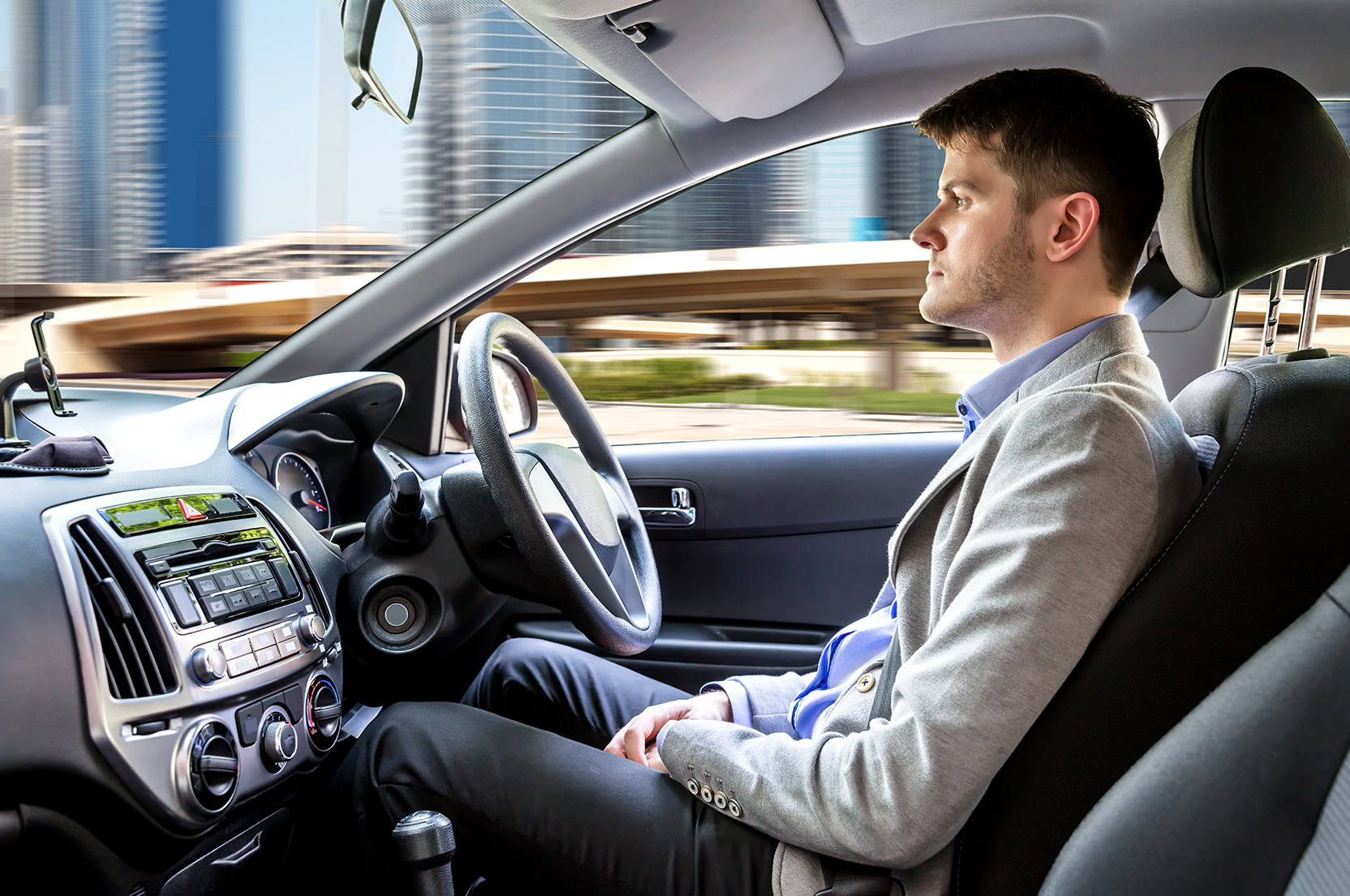The future of self-driving cars

Self-driving cars are on the verge of becoming a reality on our roads. A recent bill was passed in Parliament regarding automated vehicles, and new EU regulatory changes are scheduled to take effect in July 2024. These changes are designed to ensure vehicle safety. In this article, we will explore the new regulations, the technology, and the potential impact on insurance.
The new regulations
The introduction of self-driving vehicles is expected to enhance the lives of millions by making transportation more convenient and accessible. It is projected to generate around 38,000 new jobs in the UK and create a £42 billion industry. With 88% of road collisions attributed to human error, self-driving vehicles are anticipated to help reduce deaths and injuries related to drink driving, speeding, and driver fatigue. However, before these vehicles can operate on public roads, they must meet or exceed stringent safety standards as specified by law.
On November 8, 2023, new legislation regarding the deployment of self-driving vehicle technology was presented in Parliament1. The Automated Vehicles Bill establishes a comprehensive legal framework, positioning the UK as a global leader in regulating self-driving technology with a focus on safety. It mandates that all self-driving vehicles undergo rigorous safety testing before being permitted to operate on UK roads and that clear legal liability is established.
Transport Secretary Mark Harper stated, "Our new Bill ensures safety is a fundamental aspect of our plans to introduce self-driving vehicles on our roads, positioning the UK as an ideal place to develop this technology." Transport Minister Jesse Norman added, "Today is a significant milestone as we advance the future of transportation, aiming for safer, greener, and more efficient travel for everyone."
At the EU level, the General Safety Regulation (GSR) has set minimum safety standards for motor vehicles since July 2022 and will introduce specific requirements for autonomous vehicles from July 2024, ensuring the safe introduction of driverless vehicles.
The technology
Driverless cars rely on GPS data, radars, video cameras, and powerful onboard computers that can instantly respond to road conditions. Advances in sensor technology, LiDAR, and 4D radar imaging are leading to fully autonomous vehicles, enabling real-time data gathering and timely decision-making by the vehicle.
Benefits of self-driving cars
- Fewer accidents as computers can react quicker
- Greater independence for those unable to drive a car themselves
- Reduced emissions as the computer drives economically
- Less congestion - shared journeys and less cars on the road
According to the Society of Automotive Engineers (SAE), there are 6 levels of driving automation:
- Level Zero: manual driving;
- Level 1: cruise control, where drivers can monitor speeds and take action
- Level 2: integrated Advanced Driving Assistant System (ADAS) with radars, HD cameras and imaging systems to control steering and acceleration
- Level 3: conditional automation, where the vehicle can perform most tasks related to driving with human oversight
- Levels 4 & 5: still in the future, where vehicles can drive themselves
How self-driving cars will affect insurance
Automotive insurance is dependent on an assessment of risk, based on driver behaviour, and already, cars with safety features such as automatic emergency braking systems are placed in lower insurance groups.
With a greatly reduced risk of accidents and collisions, self-driving cars look set to revolutionise road safety and completely change the traditional car insurance model. Management consultants McKinsey4 estimate that insurance premiums could decline by 30% by 2024 as accident rates drop due to driverless technology.
There could be a situation where car ownership falls as people choose to use automated cars on demand, in which case, insurance falls to the manufacturers or vehicle providers.
Regarding emerging risks, accidents could occur due to connectivity failures, hacking, computer or electronic malfunction, or human error, which would raise the question of liability. This all points towards the need for a new auto insurance system, reoriented around driverless technology as the insurance industry embraces the change.
Interim period
There will be a period of adjustment when driverless cars share the road with vehicles driven by people. A survey3 undertaken by automotive industry experts at Rerev revealed that 70% of respondents thought self-driving cars would be less safe than human-driven ones, while a survey4 commissioned by InsuretheGap found that only 6% of drivers say they would feel safe travelling in a driverless car.
There is current uncertainty, but with new legislation passed for the deployment of driverless cars, autonomous vehicles are undoubtedly the future, and car insurance will undergo significant changes.
To discuss your motor insurance, whether you require renewal or a quotation, or wish to advise us of any changes, talk to NLIG today. Call us on 01992 703 300 or email us at insurance@nlig.co.uk

